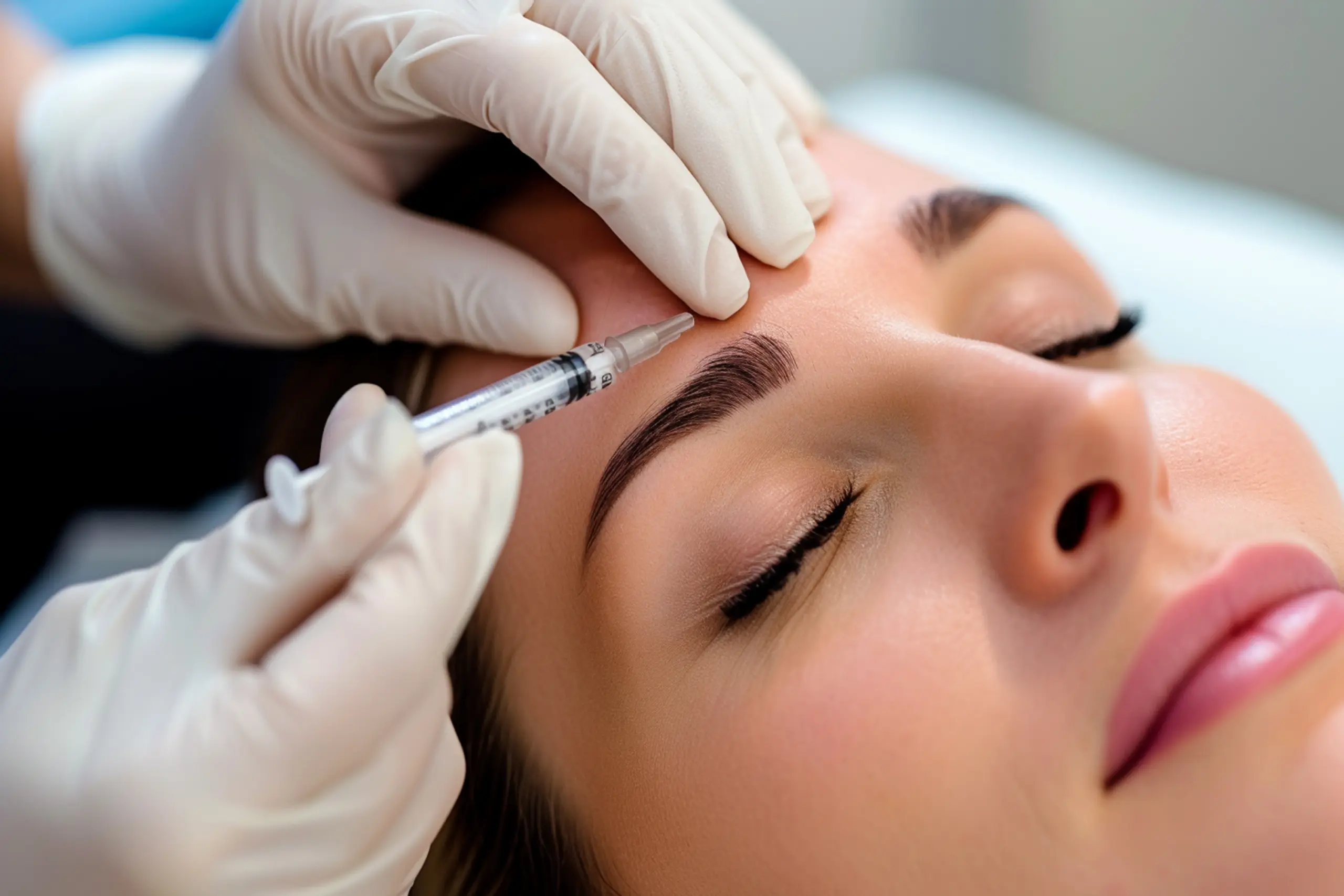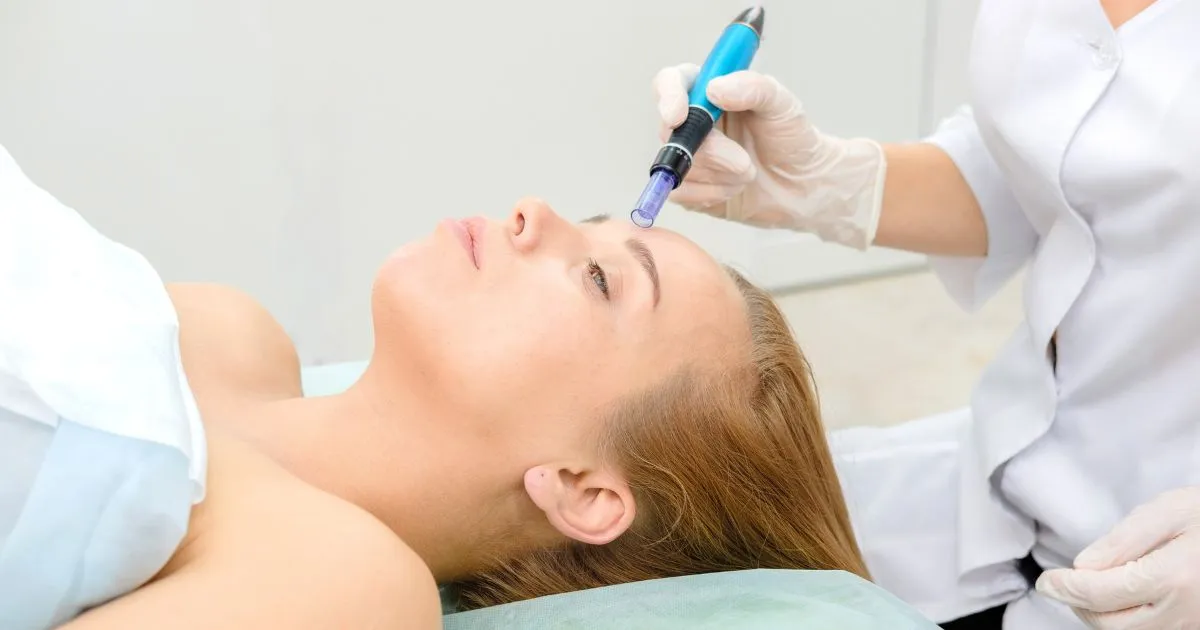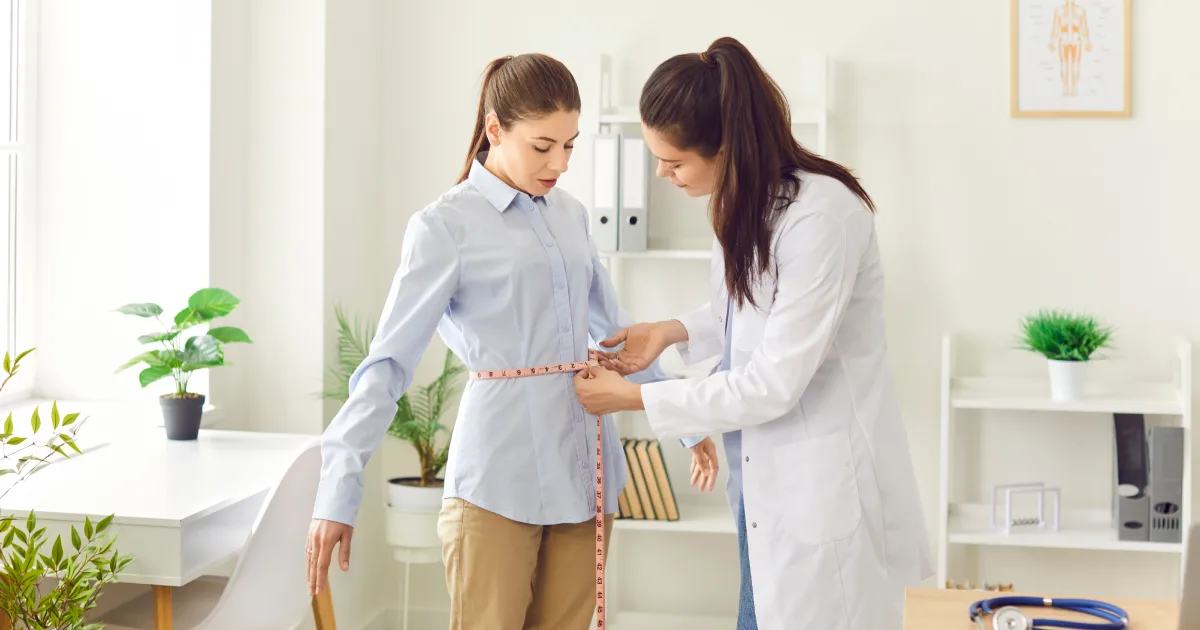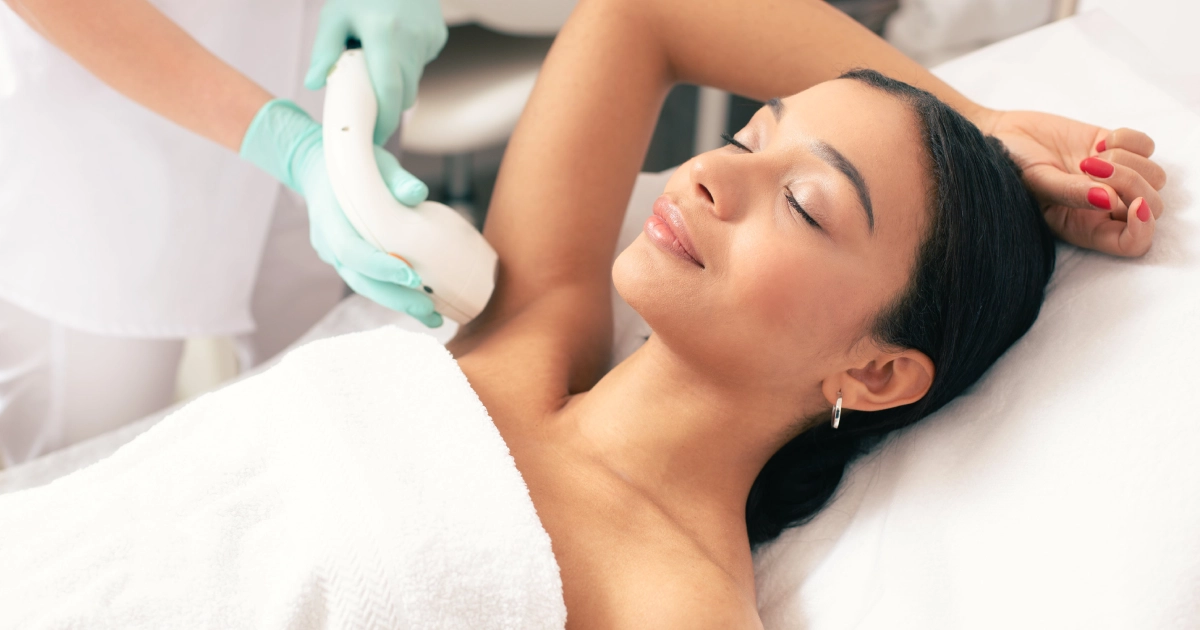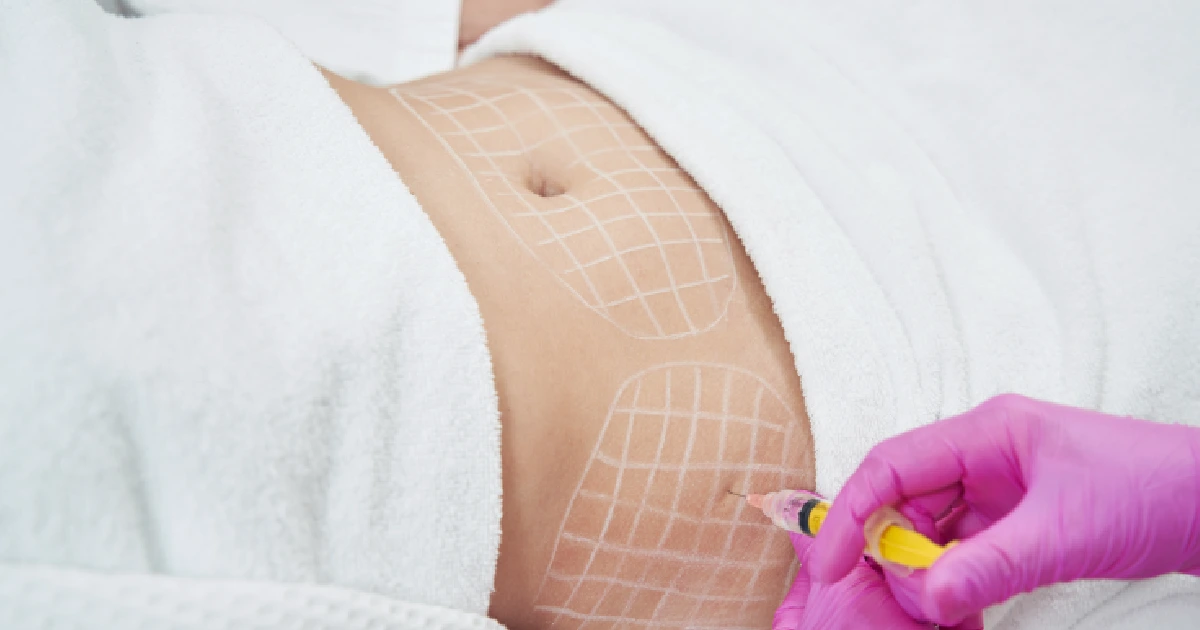Table of Contents
Acne treatment nowadays has gone far, unlike before. With the technology and innovations that triggered the advancement of treating acne, this skin issue can already be a thing of the past. Today, we’ll know more about acne treatments and whether or not it means keeping the face clean to lessen acne appearances.
Origins of Acne
Clogged hair follicles typically cause acne. Impurities like oil, dirt, and dead skin cells on the skin’s surface clog your pores. It creates pimples or even minor, localized infections. These acne treatments work in clearing away bacteria and drying up all excess oils that can potentially lead to acne. Various acne treatments may include factors such as lifestyle remedies, topical and oral medications, and known medical procedures.
Lifestyle Remedies
People with mild acne or pimples manage their skin conditions through lifestyle changes. As a significant cause of acne, the oil must be regularly removed from the face. So, keep your face clean and your hair always away from it as much as possible. This step is essential, especially when you have greasy hair. Oils from our hair and face can also accumulate on our beddings. Regularly change your pillowcases, preferably daily or weekly, to help prevent this unwanted buildup.
Clean and wash your face two (2) to three (3) times daily. Use lukewarm water and gentle cleansers or mild washes that are not too abrasive. Don’t scrub your face too hard. Doing this practice can aggravate your damaged skin even more. In addition, avoid using skin care products that irritate your skin, like scented lotions or oil-based makeup. The best moisturizers and sunscreens are “non-comedogenic” products that won’t clog your pores.
These minor adjustments can go a very long way toward helping resolve your mild acne problems. Ask your doctor or healthcare provider for suggestions when you need something a bit stronger. You can also utilize topical or oral medications.
Topical Medications
You apply topical medications like gels, lotions, and creams to your skin. We typically use thin coats on our skin in the morning, another before bedtime, and after washing our face. Some topical acne treatments are available over the counter (OTC), while others need prescriptions from doctors.
Acne treatment products available over the counter usually contain active ingredients such as salicylic acid or benzoyl peroxide. These substances help reduce the oil deposits your body produces. In addition, these medications also fight inflammation, with effects helping treat existing blemishes and preventing new ones from sprouting.
When OTC products seem ineffective, topical prescription medications can be reinforcement treatments for your acne treatments. Acne gels or creams may contain tretinoin or retinoid vitamin A. They may also have more robust versions of benzoyl peroxide or antibiotics called clindamycin. These acne treatments can potentially do a better job of eliminating bacteria, especially when your acne is about moderate to already severe.
Oral Medications
Oral medications for acne treatment are also termed systemic therapies since they are absorbed throughout the body. Since these medications are only available with prescriptions from doctors, these drugs are typically used in treating moderate to severe acne that topical agents cannot eliminate. The three (3) types of systemic drugs used in treating acne that includes the following:
- Antibiotics – helps fight bacteria and infections from the inside out. They are commonly used with topical medications, significantly if gels and creams alone cannot improve your condition.
- Birth control pills – regulating hormone levels help improve acne for most women. But it would help if you never used these pills during pregnancy.
- Isotretinoin is a potent drug from the retinoid family that reduces oil gland sizes, making oil lesser. It also regulates skin cell turnover, so cells don’t block bacterial release and excess fat from your pores.
Acne Treatment Procedures
Although not commonly prescribed as medications, you can use some medical procedures to treat severe acne. These acne treatment procedures can all be performed inside your doctor’s clinic. In some instances, these treatments may be painful and cause scarring. The following are some standard procedures for acne treatment:
- Drainage and extraction – doctors manually drain large cysts forming beneath your skin. These procedures remove impurities like dirt, fluids, pus, and dead skin inside the cyst, reducing infection and pain. Practitioners may inject some antibiotics or steroids into the targeted cyst to speed the healing process and minimize potential scarring.
- Laser therapy – may also help in the improvement of acne infection. These laser lights reduce the bacteria found on your skin and cause acne.
- Chemical peels and microdermabrasion – these procedures remove the skin’s top layers. Whiteheads and blackheads are also removed during the process.
Potential Side Effects
The side effects of acne treatments differ based on your chosen method and medication strength.
Topical acne drugs’ most common side effects include irritation and skin dryness. Luckily, these symptoms are only temporary. These acne treatments usually improve as your body gets accustomed to your medication. When your skin experiences itching, burning, or peeling heavily, immediately tell your doctor.
For oral medications, the potential side effects can be more serious. Antibiotics can result in an upset stomach or dizziness, and lightheadedness.
You may consider having a backup birth control method for birth control pills. Some antibiotics potentially reduce the wellness effects of birth control pills that protect women from pregnancy. In addition, using birth control pills help in acne treatments. It can be essential to be aware of what side effects oral contraceptives can provide. These symptoms include increased risks of blood clots and high blood pressure.
The Bottomline
Various acne treatments available in today’s market can help you with skin concerns like acne. Consult medical experts like your doctor or healthcare provider to know more about your acne treatment options. Choosing the correct one for your particular skin and acne concern can dramatically change the results you can achieve from your acne treatment selected.
Do you want to experience the different types of acne treatments? Our great friends at Revive Med Aesthetics can help you today with your journey towards skin that’s free from acne. Visit Revive Med Aesthetics now!

